Books by William Shakespeare

king lear
Considered to be one of Shakespeare's greatest plays, the tragedy King Lear portrays some of the darkest aspects of human nature that can be found in literature. The helplessness of the human condition, as we fall prey to our destinies, the injustice and random cruelties practiced by people, suffering and humiliation, the lust for power and the greed for wealth are all depicted in this magnificent play. And through it all, runs the golden thread of love and sacrifice, daughterly affection and the true nature of our relationship with our parents.

tragedy of macbeth
The play is set in medieval Scotland. It is based partly on historical facts and recounts the tale of Macbeth, who was a king in Scotland, according to The Holinshead Chronicles, a book published in 1577. This book was extensively used by contemporary playwrights like Shakespeare and Marlowe as inspiration for their themes, characters and events. Though Shakespeare did use some of the material found in Holinshead, the final product is entirely his own and he fleshed-out and created most of the principal characters himself in a play that is considered his darkest, most ominous and most powerful tragedy.
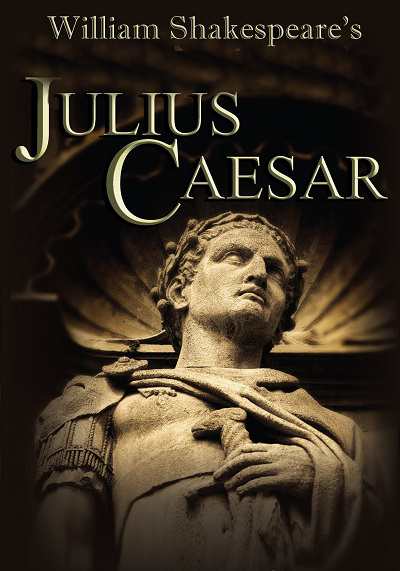
julius ceasar
Scholars have concluded that the inspiration for writing this play must have been the overwhelming anxiety felt in Elizabethan England regarding the royal succession. There were fears that the elderly Queen would die without naming a successor, leading to the outbreak of civil war, which is depicted in the play after the death of Caesar. Caesar himself is a charismatic, powerful and intuitive leader, who holds the empire together by sheer dint of his leadership qualities. He has strong premonitions of his own death. Though the crime is committed in full public view, it is sought to be justified as a political necessity. The play is also famous for not having either a real hero or a villain.
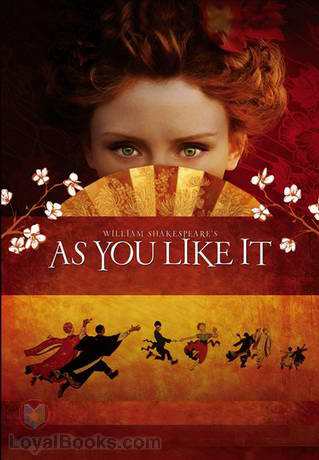
as you like it
The play is also famous for one of the most widely quoted passages in literature: “All the World's a Stage” spoken by the melancholy Jacques, who is Duke Senior's faithful lord and has vowed to stay with him throughout his troubles. The portrayals of the Seven Ages of Man, from birth till death is one of the immortal examples of Shakespeare's deep insight into the human condition. As You Like It is indeed a delightful and charming play and one that will provide hours of entertaining reading!
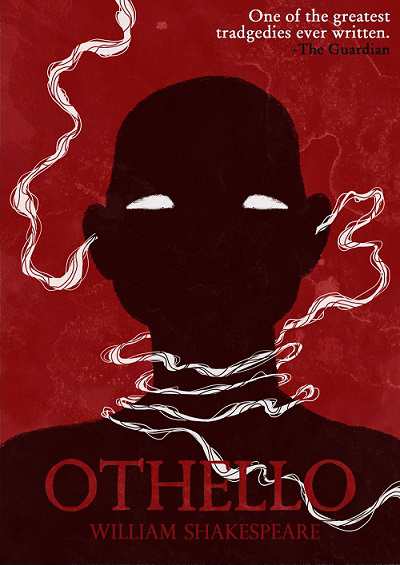
othello
The doomed figure of the lovely Desdemona who is murdered so cruelly by the ill-fated Othello based on a tragic misunderstanding continues to haunt playgoers and readers the world over even today. Modern performances have explored the race and class aspects of the play. Famous actors like Laurence Olivier have given legendary performances, while opera, ballet, television, film, stage, graphic novels and animation versions have kept the magnificent story alive today for audiences all over the world.
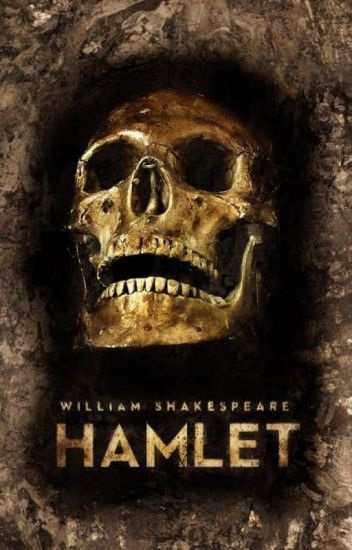
hamlet
The Tragedy of Hamlet, Prince of Denmark is a tragedy by William Shakespeare. Set in the Kingdom of Denmark, the play dramatizes the revenge Prince Hamlet exacts on his uncle Claudius for murdering King Hamlet, Claudius's brother and Prince Hamlet's father, and then succeeding to the throne and taking as his wife Gertrude, the old king's widow and Prince Hamlet's mother. The play vividly portrays both true and feigned madness – from overwhelming grief to seething rage – and explores themes of treachery, revenge, incest, and moral corruption.
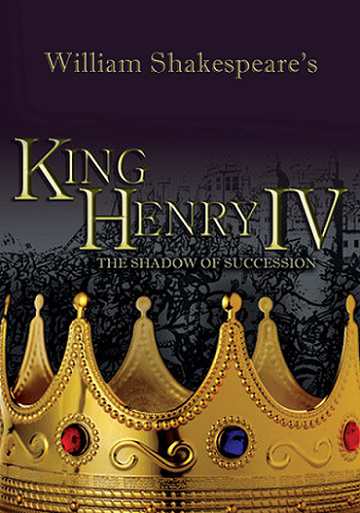
king henry iv
ing Henry IV, Part 1 is the second of Shakespeare’s eight Wars of the Roses history plays, with events following those of King Richard II. As the play opens, King Henry IV (formerly Henry Bolingbroke) and Henry Percy (Hotspur) argue over the disposition of prisoners from the Battle of Holmedon. The King’s attitude toward Mortimer and the Percy family prompts them to plot rebellion. In the meantime, his son Prince Hal is living the low life in the company of Sir John Falstaff. As the time of battle nears, Prince Hal joins his father and is given a high command. The play’s climax is the Battle of Shrewsbury, in which Prince Hal and Hotspur meet and fight, with Prince Hal and the forces of the King prevailing. The action continues in King Henry IV, Part 2. From the start this has been an extremely popular play both with the public and with critics.
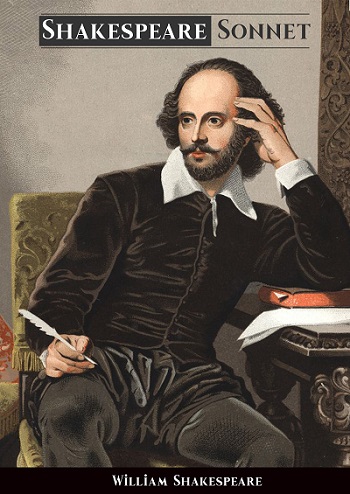
shakespeare sonnet
From fairest creatures we desire increase, That thereby beauty's rose might never die, But as the riper should by time decease, His tender heir might bear his memory: But thou contracted to thine own bright eyes, Feed'st thy light's flame with self substantial fuel, Making a famine where abundance lies, Thy self thy foe, to thy sweet self too cruel: Thou that art now the world's fresh ornament, And only herald to the gaudy spring, Within thine own bud buriest thy content, And tender churl mak'st waste in niggarding: Pity the world, or else this glutton be, To eat the world's due, by the grave and thee.
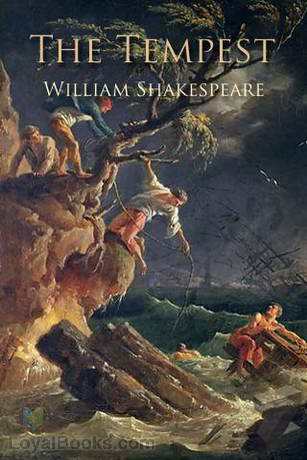
tempest
Banished from his own lands by a usurping brother, Prospero and his daughter Miranda have been living on a deserted island for years, until fate brings the brother within the range of Prospero's powers. Will he seek revenge, or reconcilement?
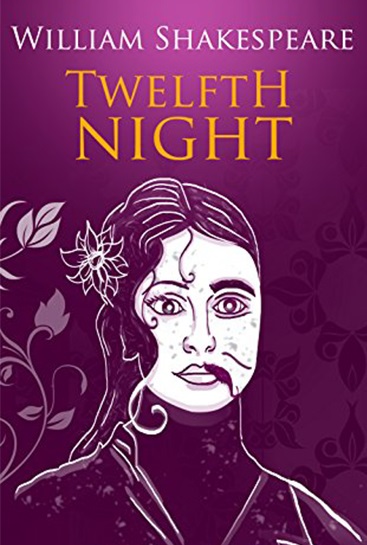
twelfth night
Shakespeare's great festive comedy, probably written and first performed around 1601, follows the adventures of twins Viola and Sebastian, who are separated from each other by a shipwreck. Viola, believing her brother dead, disguises herself as a page in order to serve the lovesick Duke Orsino, who has been rejected by the Countess Olivia. The ensemble cast includes a roster of wonderfully comic characters: Olivia's drunken uncle Sir Toby Belch, his foolish friend Sir Andrew Aguecheek, the witty serving woman Maria, the social-climbing steward Malvolio, and the clever, riddling clown Feste.

all's well that ends well
Despite its optimistic title, Shakespeare's All's Well That Ends Well has often been considered a "problem play." Ostensibly a comedy, the play also has fairy tale elements, as it focuses on Helena, a virtuous orphan, who loves Bertram, the haughty son of her protectress, the Countess of Rousillon. When Bertram, desperate for adventure, leaves Rousillon to serve in the King's army, Helena pursues him.
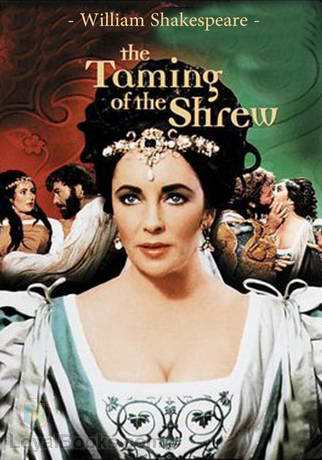
taming the shrew
The Taming of the Shrew is one of Shakespeare's earliest comedies, and was inspired by classical Roman comedy and the Italian commedia dell'arte. Baptista Minola, a rich gentleman of Padua, has two daughters: Katherina, renowned for her sharp tongue, and Bianca, who is sought after by multiple suitors. Baptista decides that Bianca cannot marry until her elder sister finds a husband. Enter Petruchio, who has come to "wive it wealthily in Padua," and who is convinced by Bianca's suitors to woo Katherina. The play ultimately poses the question of who is the bigger shrew: Kate or Petruchio. The subplot involves the subterfuge employed by Lucentio to woo the lovely Bianca.

much ado about nothing
Written around the middle of his career, Much Ado About Nothing is one of Shakespeare's great festive comedies. The men are back from the war, and everyone is ready for romance. The dashing young Claudio falls for Hero, the daughter of Leonato, governor of Messina, and his friend Don Pedro helps him secure her affection. These youthful lovers are contrasted with the more experienced (and more cynical) Benedick and Beatrice, who have to be tricked into falling in love. Don Pedro's bastard brother, Don John, provides the intrigue, and the dimwitted constable Dogberry provides the laughs.
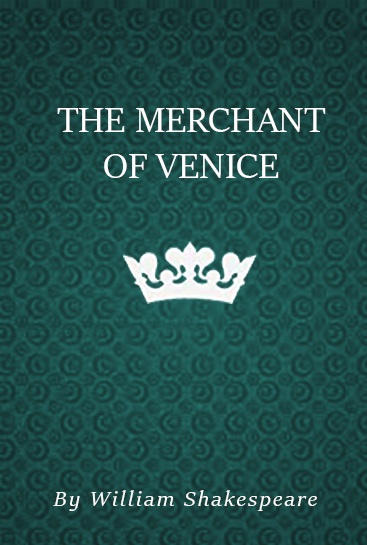
merchant of venice
William Shakespeare's The Merchant of Venice was probably written between 1596 and 1598, and was printed with the comedies in the First Folio of 1623. Bassanio, an impoverished gentleman, uses the credit of his friend, the merchant Antonio, to borrow money from a wealthy Jew, Shylock. Antonio pledges to pay Shylock a pound of flesh if he defaults on the loan, which Bassanio will use to woo a rich heiress, Portia. A subplot concerns the elopement of Shylock's daughter Jessica with a Christian, Bassanio's friend Lorenzo. In its focus on love and marriage, the play shares certain concerns with Shakespeare's other comedies. Yet its depiction of the tensions between Jews and Christians in early modern Venice - and its highly dramatic trial scene in Act 4 - create darker currents in the play.
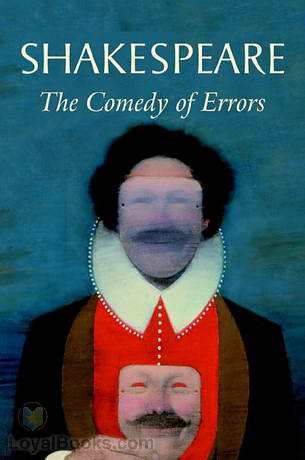
comedy of errors
The Comedy of Errors is one of William Shakespeare's earliest plays, believed to have been written between 1592 and 1594. It is his shortest and one of his most farcical comedies, with a major part of the humour coming from slapstick and mistaken identity, in addition to puns and word play. The Comedy of Errors tells the story of two sets of identical twins that were accidentally separated at birth. Antipholus of Syracuse and his servant, Dromio of Syracuse, arrive in Ephesus, which turns out to be the home of their twin brothers, Antipholus of Ephesus and his servant, Dromio of Ephesus. When the Syracusans encounter the friends and families of their twins, a series of wild mishaps based on mistaken identities lead to wrongful beatings, a near-seduction, the arrest of Antipholus of Ephesus, and accusations of infidelity, theft, madness, and demonic possession.
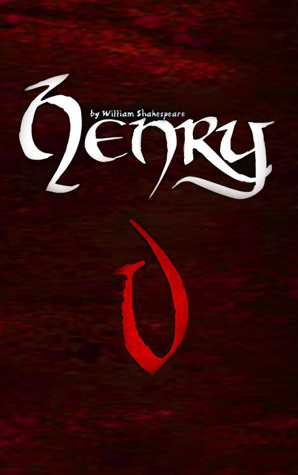
henry v
After the turmoil and uncertainty of Henry IV a new era appears to dawn for England with the accession of the eponymous Henry V. In this sunny pageant, the Chorus guides us along Henry's glittering carpet ride of success as the new king completes his transformation from rebellious wastrel to a truly regal potentate. Of course, there is an underlying feeling that the good times won't last, and this is all the more reason to enjoy the Indian summer before the protracted and bitter fall of the house of Lancaster.
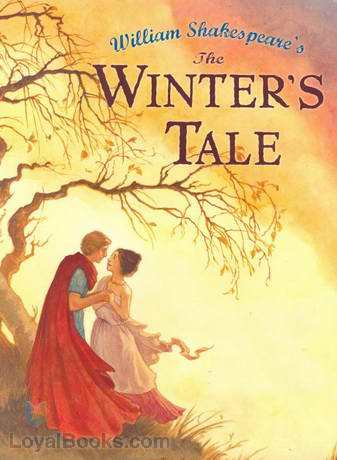
the winter's tale
Mad with jealousy, King Leontes of Sicilia orders his best friend Polixenes killed, his child abandoned, and his wife put on trial for adultery. Sixteen years later, Perdita, raised as a shepherd's daughter, falls in love with Polixenes's royal son and returns to her father's kingdom.
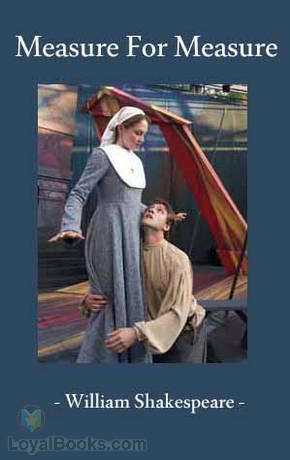
measure for measure
Generally considered one of Shakespeare's problem plays, Measure for Measure examines the ideas of sin and justice. Duke Vincentio turns Vienna's rule over to the corrupt Angelo, who sentences Claudio to death for having impregnated a woman before marriage. His sister Isabella, a novice nun, pleads for her brother's life, only to be told that he will be spared if she agrees to relinquish her virginity to Angelo.

love's labour's lost
Love's Labour's Lost is an early comedy by William Shakespeare. Ferdinand, the King of Navarre, and his three friends take a vow of study and seclusion for three years, during which they are forbidden to see or speak to women. Their vows are immediately tested by the arrival of the Pricess of France and her three ladies to the King's court.
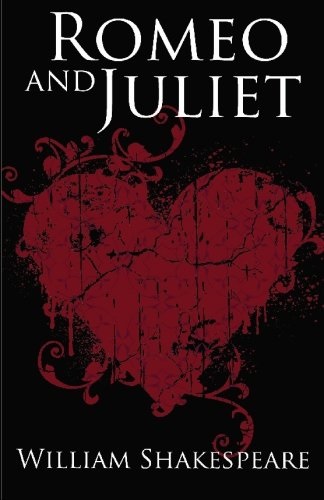
romeo and juliet
One of Shakespeare's most popular and accessible plays, Romeo and Juliet tells the story of two star-crossed lovers and the unhappy fate that befell them as a result of a long and bitter feud between their families. The play contains some of Shakespeare's most beautiful and lyrical love poetry and is perhaps the finest celebration of the joys of young love ever written. This inexpensive edition includes the complete, unabridged text with explanatory footnotes. Ideal for classroom use, it is a wonderful addition to the home library of anyone wanting to savor one of literature's most sublime paeans to love.

Loading the next 20 Records..…